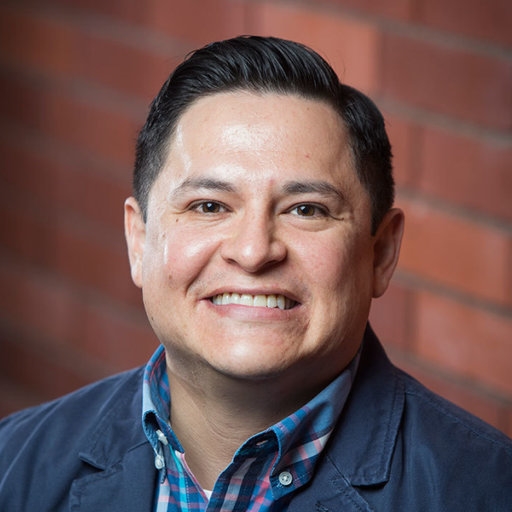The Department of Sociology and Criminology welcomes the addition of Michael Niño, an assistant professor of sociology, to its faculty this summer.
Niño received his Ph.D. in sociology from the University of North Texas in 2015, with emphases in medical sociology and research methods and statistics. Prior to joining the University of Arkansas, he was an assistant professor of sociology as Willamette University and contributed to the American Ethnic Studies, Latin American Studies, and Public Health programs.
As a medical sociologist, his research agenda touches on a number of sub-areas within sociology, including international migration, race and ethnicity, demography, and criminology. Broadly, he is interested in developing, testing, and promoting the scientific understanding of how immigration, race and racism, and incarceration shape population health in the United States. His work has been published in well-respected journals, such as the Journal of Health and Social Behavior, Annals of Epidemiology, International Migration Review, and Addictive Behaviors.
Niño's current research agenda focuses on four lines of inquiry:
- The social and cultural determinants of Latina/o physical and mental health disparities
- Health behaviors among Latina/os
- Physiological consequences of parental incarceration
- Fear and threat perceptions of COVID-19.
Niño teaches courses in Latinx Sociology, Medical Sociology, and Quantitative Methods and Statistics. He is a member of the American Sociological Association, Population Associations of America, and Southwestern Sociological Association.
"We're absolutely delighted to have Dr. Niño join our department and the J. William Fulbright College of Arts and Sciences," said Anna Zajicek, department chair and associate dean. "We have been intentionally building health, well-being, and data analytics as our areas of strength. Dr. Niño joins Dr. Hearne, a third-year assistant professor whose scholarship focuses on the intersection of race, gender, and educational attainment with health. In collaboration with other departmental faculty, Niño and Hearne will strengthen our contributions to the U of A's two signature research areas of Enriching Human Health and Community Vibrancy and Harnessing the Data Revolution."
About the Department: The Department of Sociology and Criminology offers three degree programs and three honor societies; affiliation with three research units: the Center for Social Research. the Community and Family Institute, and the Terrorism Research Center; and research emphases in community, crime, health and well-being, and social data analytics.
Topics
Contacts
Anna Zajicek, professor and chair
Department of Sociology and Criminology
479-575-5149,
